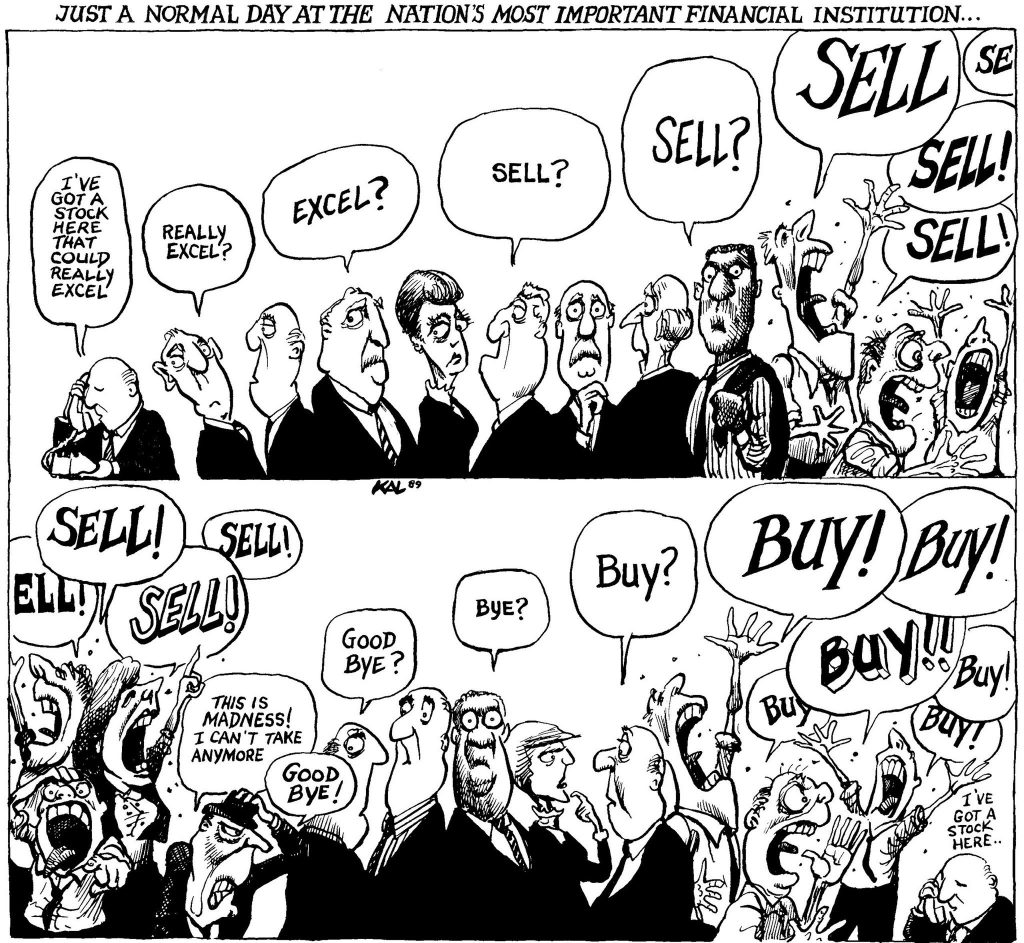
“Every person wants to be fit, rich, and happy.” – Naval Ravikant
There’s just one point I want to add to Naval’s insight. It’s this: Every person has the right to be fit, rich, and happy.
But being fit and happy without being wealthy is not easy. Money cannot buy everything, but wealth can help us get peace of mind. It can offer us the freedom to do what we enjoy (which leads to happiness), and let us take care of our physical and mental well-being (which leads to fitness).
Thus, wealth is integral to a happy life. It doesn’t mean having a lot of money. It means having enough money to live on your own terms and without trading your time for money. And few people are more qualified than Mr. Bharat Shah to teach us how to build this wealth.
Bharat Shah is an Executive Director at the ASK Group of Asset and Wealth Management and has been a Board member of the company since 2008. He’s also a member of the Institute of Chartered Accountants of India (ICAI), and a member of the Institute of Cost and Works Accountants of India.
In his 30+ years of experience in the field of investment management, he has not only witnessed the highs and lows, ups and downs of the market, but has also survived them. Few veterans are as seasoned as him.
In a masterclass for the University of Maryland – Robert H. School of Business, Mr. Shah recently shared his golden rules for long-term wealth creation. You can check out the entire video here:
Here are three powerful takeaways from it.
1. It’s your duty to create wealth.
Many people think of money and finances as necessary evils, as something they need to fulfill their present and future needs. Unfortunately, it’s also why they never succeed in living life to the fullest.
Life does not get measured by the possessions we own, the holidays we take, or the number of clubs we have a membership in. It gets measured by the value we create for others –our family and friends, stakeholders, and society at large – and the useful things we do in life. For instance, Warren Buffett still makes a lot of personal wealth each year but donates 99 percent of it to the Bill and Melinda Gates Foundation.
This is only possible when we create wealth and don’t slave tirelessly to just make ends meet. Wealth gives us the freedom to make the world (or even a tiny portion of it) better. It enables us to let our family members live a life of comfort.
This is why creating wealth in a manner that’s fair, ethical, and right is our duty. Making money is not an end in itself, but a means to an end, which is to make life better for ourselves and others.
2. Understanding your own strengths is a key attribute of wealth creation.
According to Mr. Shah, the four asset classes are equity, variants of fixed income, real estate, and gold. Investing in any of these essentially means allocating our capital to different assets.
However, just because we allocate our funds to equity, doesn’t mean the market has a duty to make us wealthy. The market functions to an extent like Nature does – according to its owns rules, regulations, and laws. It’s our duty to build the required skills to succeed in the market.
Mr. Shah believes the most effective way to do this is to study the 350-year records of the world of investing. Which events transpired, why they occurred, what the fallouts were, what you can learn from them, and so on.
Another complementary skill that you can build is your “circle of competence,” a term coined by Warren Buffett. In his 1996 letter to shareholders, Buffett explained:
What an investor needs is the ability to correctly evaluate selected businesses. Note that word “selected”: You don’t have to be an expert on every company, or even many. You only have to be able to evaluate companies within your circle of competence. The size of that circle is not very important; knowing its boundaries, however, is vital.
A circle of competence is a subject area that matches our skill or expertise. To be successful, we must leverage it, which means we must focus on depth in specific areas that we understand well instead of superficial breadth.
The latter is often why most people who invest in the market end up suffering. In an attempt to make a quick buck, they venture into areas they don’t understand and end up quickly losing all their money.
Understanding your circle of competence helps you avoid problems, learn from others, and make better decisions. That’s when the market yields to you and lets you generate wealth.
3. Patience and discipline are quintessential traits of successful wealth creators.
Another truth about the market is that it was, is, and always will be volatile. It was volatile yesterday like it was centuries ago, it’s volatile today, and it will be volatile tomorrow, and for centuries to come. And maneuvering through volatility doesn’t come naturally to most human beings.
When you invest in the market, you become a participant. Thus, you cannot be immune to the volatility. But you can become immune to impulsive emotions, learn to temper the craziness around you, and not let it affect you inside.
Doing this requires patience and discipline. These traits are tough, but they’re also incredibly rewarding. When you learn to rein impulsive emotions, you build:
- The astuteness to identify valuable businesses worth investing in,
- The discipline to buy them at attractive prices, and,
- The wisdom to stay the course when the majority of the market changes direction impulsively.

Without discipline, Warren Buffett would never make any of his wealth even with all his intellect. In fact, it can be argued that Buffett’s and his partner Charlie Munger’s discipline to stay the course patiently when others ran around mindlessly is a key reason for their enormous wealth.
Patience and discipline are the only antidotes to beating the market repeatedly and generating long-term wealth.
Summing Up
Wealth is the prerequisite for a happy life. And it doesn’t mean a lot of money. Wealth means having enough to achieve financial freedom, to do what you want, when you want.
Here are three key takeaways from Mr. Bharat Shah’s insightful session:
- Money is not an end in itself, but a means to an end. And that end is creating value and making an impact in the world. That’s why wealth creation in an ethical, fair, and right manner is not just good; it’s your duty.
- Just because you invested in the market doesn’t mean the market is obligated to generate wealth for you. It’s your duty to improve yourself continuously. The best ways to do this are to study the history of investing and to sharpen your circle of competence.
- The market is volatile, and you won’t last in it if you cannot handle the volatility. Doing this means reining in knee-jerk reactions and instead, building long-term perspectives and sticking to them. This is why patience and discipline are your best friends if you want to generate long-term wealth.
The entire video can be viewed here.
What were your biggest takeaways from this talk? I would love to hear your thoughts.
[…] Delayed gratification is an important principle in life. Sacrifice today so that you can have more tomorrow. Choices are essentially between the present and the future, the instant and deferred. One must look long term and have the capacity to suffer in the short term. […]